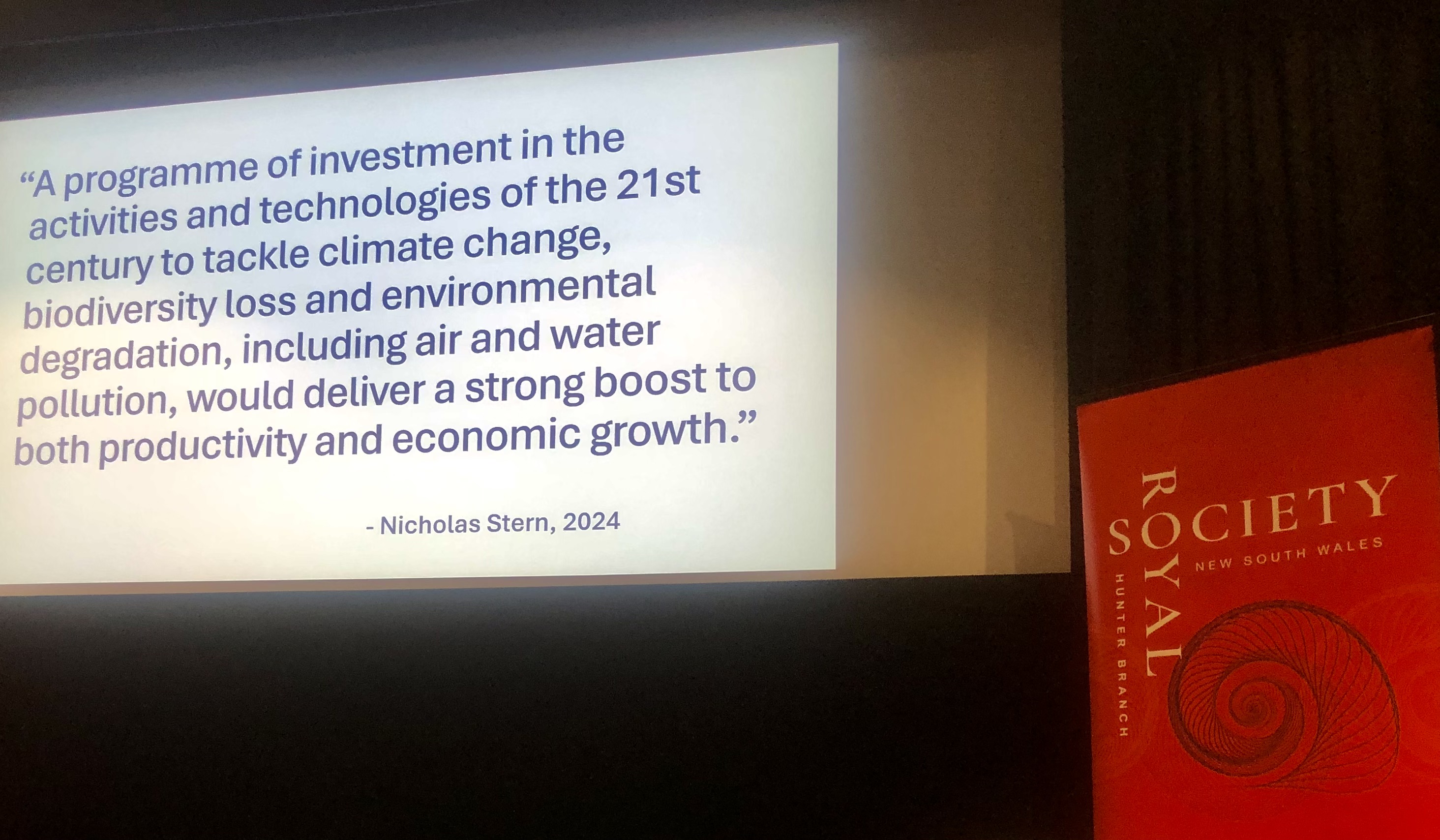Comments
Our health system is unsustainable. It is demand-driven, with no means to stem the growth in forms of illness and domains of illness management. It has no capacity to contain health costs. In the next decade as the population ages, health spending is expected to increase by 4-5% of GDP.
In 2009 the National Health and Hospitals Reform Commission outlined three options for reforming the Australian health system. Two of these retained the status quo (the present structure of the health system established with Medicare in 1984), with minor adjustments in financing arrangements.
The third option was called ‘Medicare Select’. It proposed significant reform of Medicare to enable consumers to better co-ordinate their use of health services and contain health costs within a continuing framework of universal public insurance. It drew upon the Dutch experience, the most innovative in Europe, in integrating public and private insurance and combining universal coverage with consumer-driven competition to contain health spending.
The Commission knew that Medicare Select would not be adopted in 2009, but it had the foresight to include it in its report, knowing that it would one day be revisited. It’s framework for building on and expanding Medicare with competing health plans was the right one for Australia. In retrospect, it’s 2009 proposal lacked sufficient attention to the structure of its recommended competing health plans, and it also lacked a compelling rationale for why competing health plans were necessary for a better Medicare and a healthier society.
This is a uniquely Australian governance model for health care that builds on and expands Medicare, while containing health costs and advancing integrated, person-centred care. It is oriented to living a healthy life, not simply managing illness.
Our reformed model:
1. Our health system should be overhauled so that it is oriented to supporting Australians in living a healthy life. It should support individuals and families in minimizing health risks and maximizing healthy behaviours, while continuing to offer universal coverage in the event of illness and injury. Medicare would continue as a universal public insurance scheme.
2. In this reform, individuals and families would access Medicare-funded health services (hospital, dental, domiciliary, general practitioner and community health services) through a not-for-profit association called a health mutual. A health mutual is a consumer-governed membership association, a health care intermediary, that looks after the health of its members, encourages healthy living and minimizes health risks, organizes care and meets all of the member’s health care costs through a combination of Medicare contributions, co-payments and supplementary insurance.
3. Each health mutual would be required to specify an ethos, a philosophy of healthy living. The mission of each health mutual is to compete in keeping its members healthy and well and out of hospital. Competition between them would be, in part, a contest between rival philosophies of living a good and healthy life.
Our model of Medicare Select with consumer governance would comprise the following health mutuals:
Catholic (based on the Catholic community and existing Catholic health care);
Sports and Outdoor Living (based on active lifestyles and sports participation);
New Age (based on complementary health philosophies and practices);
Temperance (based on temperance societies and faith groups with a focus on abstinence from alcohol, tobacco and drugs);
Workers and Unions (based on union memberships with a focus on health and safety at work);
Seniors (based on seniors networks and approaches to healthy ageing such as the Japanese ‘Han’ system);
Indigenous (based on indigenous communities and traditional cultural approaches to well-being);
Rural and Remote (based on health strategies tailored to rural and remote communities).
International evidence suggests that competition across various sectors is best served with between 7 and 9 robust competitors.
4. Individuals would be free to choose a health mutual of their choice, and would be free to switch from one to another, based on performance and quality of service. If one health mutual, for instance, increases the good health of its members, lowers obesity levels, and reduces hospital admittance of its members with chronic illnesses, it should expect to attract to it members from other mutuals.More information: www.fixthemess.org.au/health/
Thanks for your views Vern. Glenn Barnes, our Governance Editor, is a supporter of Citizens' Assemblies as a way to get agreement on changes. As we all know there needs to be a coalition of support for change. I suggest you search citizens assembly on IdeaSpies. That should give you a way of moving your ideas forward.
Also search moonshot goal on IdeaSpies. There is one related to healthcare that would be excellent if Government would adopt it.
Lynn
Thanks Lynn. I don't agree with the idea of 'citizen assemblies'. We have a parliament which is supposed to function as a citizen assembly, but is prevented from doing so by many factors. Removing these constraints is a high priority so that parliament can be returned to its intended function.
Hi Vern,
I would be interested in how you see our parliament moving from its current position of political dictate to becoming aligned with the electorate and a consensus builder for common good solutions. Although our politicians and their party machines say they are "listening to the people", there is little evidence that they listen to anyone other than their own (declining) constituents.
With regard to health care, I, too, think that we can learn from the Dutch system, but I do not glean from your extensive note how we are going to reward health professionals and individuals for managing toward better outcomes.
Cheers
Glenn




 IdeaSpies
IdeaSpies
 Jonathan Chrimes
Jonathan Chrimes

